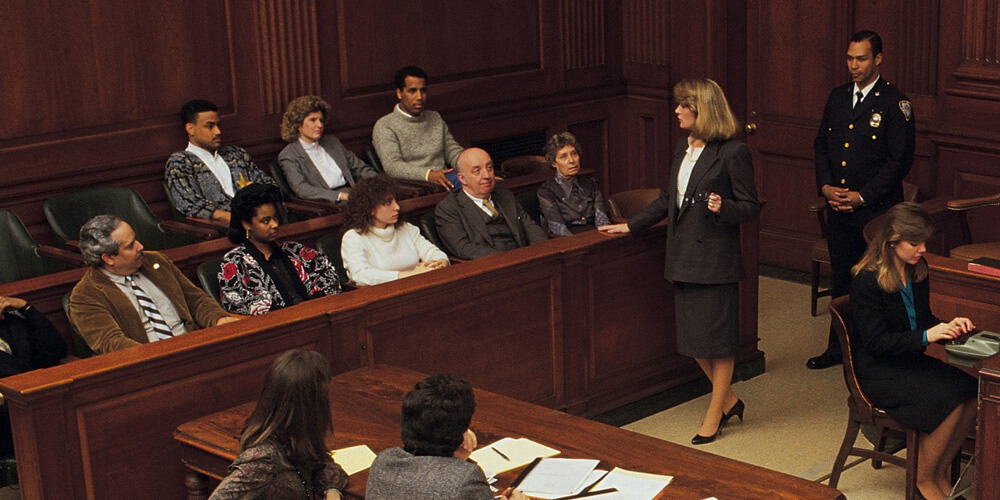When was the last time you turned on your favorite legal drama, only to see the actors reading off deposition transcripts from previous episodes? Although presenting deposition testimony isn’t the most glamorous part of the trial process, it can still play an important role.
In this article, we’re going to share some of the primary reasons to present deposition testimony at trial. Let’s get started!
1. It allows you to present the testimony of absent witnesses
One of the most common benefits of presenting deposition testimony is that it allows for the involvement of witnesses who are otherwise ‘unavailable’. If a witness cannot give their live testimony, courts will allow their sworn deposition testimony to carry the same weight as it would in the trial. Some of the reasons that a witness may be absent include:
- The witness is deceased by the time of the trial
- The witness resides more than 100 miles from the location of the hearing or trial
- The witness’s attendance could not be produced by subpoena
- The witness is unavailable due to age, illness, infirmity, or imprisonment
2. It may give you the opportunity to impeach the witness
Witness impeachment is a powerful tool in your trial arsenal, but it must be used carefully. Juries will not look kindly on lawyers that pounce on minor inconsistencies. In fact, if you are too aggressive, you could even generate sympathy for the witness.
To impeach the witness, you’ll need to begin by accrediting the deposition transcript. Try to keep your questions at trial relatively consistent with your questioning during the deposition. If you identify inconsistencies in the testimony, ask the witness to recommit to their answer before presenting them with their prior contradictory statement. When a witness has been impeached, don’t belabor the point during cross-examination. Instead, remind the jury of the witness’s impeachment during your closing statement.
3. It allows you to use testimony from prior proceedings
While this is not relevant to certain legal fields, in some class action litigation or commercial litigation, you may find that one or more of the parties involved in your case was also involved in prior litigation that dealt with the same (or similar) subject. This can be a very useful source of information. According to the opinion issued in Baldwin-Montrose Chemical Co. v. Rothberg, “depositions taken in one action may be used in another action if there are common questions of law or fact and substantial identity of issues,” 37 F.R.D. 354 (S.D.N.Y. 1964). E
Final Thoughts
Thanks for reading! If you enjoyed this article, let us know in the comments, and feel free to share it on social media. Lastly, when you plan your next deposition, don’t forget to take advantage of our plentiful deposition tools, including remote court reporting, concierge remote exhibit management, remote videography, and full-time tech support for your remote depositions, arbitrations, court hearings, trials, and other proceedings.






